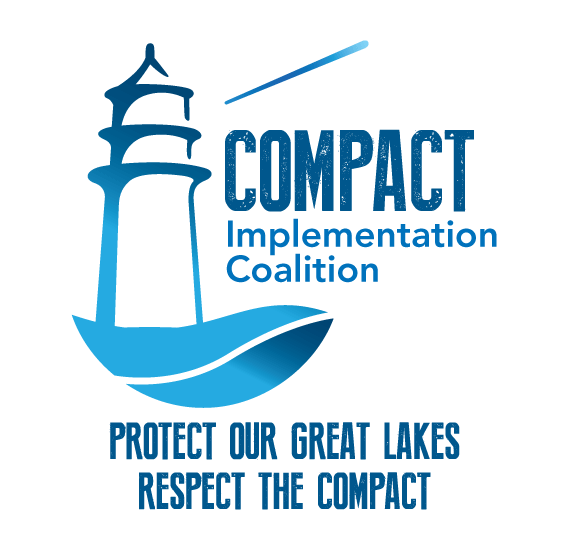Counterpoint: Minnesota must deny diversion for Great Lakes water
The Star Tribune, February 12, 2016
Ann Rest and Cory Mason
Eight years ago, we each were involved in our respective state’s passing of the historic Great Lakes Compact. As tankers were moving into the Great Lakes to ship drinking water to China, and as climate change led to drier conditions across the continent, the region reacted in a rare moment of bipartisan regional solidarity to protect the Great Lakes. It required all eight states (Minnesota, Wisconsin, Michigan, Illinois, Indiana, Ohio, Pennsylvania and New York) to pass legislation to ban diversions of water outside the Great Lakes Basin. Congress later ratified the interstate compact, and President George W. Bush signed it into law.
The compact does allow communities just outside the basin to apply for an exemption to the ban on diversions, if the community has no other reasonable alternatives and strict guidelines are met.
Waukesha, Wis., is the first community to test the compact’s ban on diversions (“Waukesha deserves a shot at Lake Michigan water,” Dec. 12). It will set a precedent for how future proposals to siphon Great Lakes water outside the basin are treated.
Getting this decision right is not just about Waukesha; it is about ensuring that the protections in the Great Lakes Compact will hold up. We are about to find out if the historic compact can live up to the promise of its protections.
